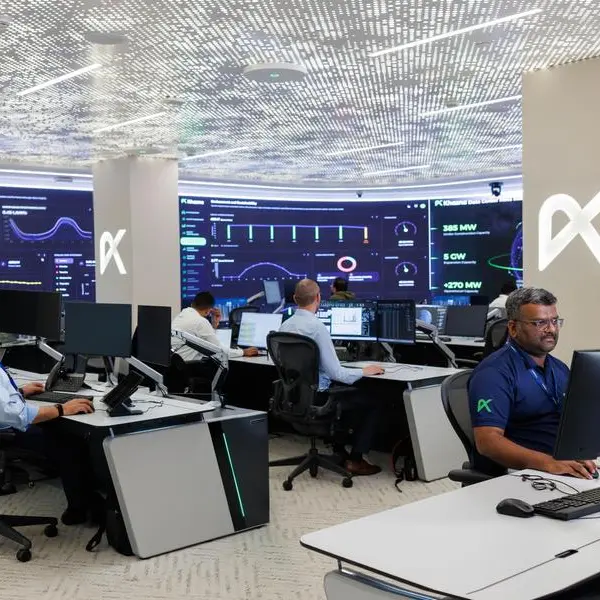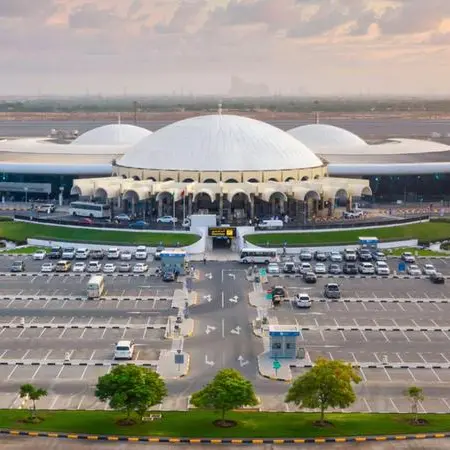When confronted with external and internal pressures of muscles, mind and money power, the deficiency of these systems has unmistakably surfaced. Therefore, those running them are directly experiencing the dangers and the risks that flow from systemic weakness.
They understand that there's no time for complacency. Foreign occupation, 'regime change' agendas, imminent threats of military attack and Washington's plan to "democratise" the Middle East means danger.
And those in power understand and recognise that. It is this realisation that forced a unified OIC stand on the dispatching of troops to Iraq.
Central role
For the third time in its history, Pakistan has opted to play a central role in the Muslim world. In the late forties and the early fifties, it worked for the decolonisation of Muslim countries especially of the Maghreb. Then after its dismemberment in 1972, Prime Minister Zulfiqar Ali Bhutto turned towards the West and bonded with the Muslim world.
During this period, the 1972 OIC summit was held in Lahore. And now, in this exceptionally challenging times, Pakistan's President General Pervez Musharraf has opted to play a proactive role.
At present, the Muslim countries need to address three levels of challenges - namely global security; internal pressures, and the negative fall-out of the post 9/11 stereotyping and racial profiling on the Muslims.
On the other hand, major power groups within the non-Muslim world have emerged as potential allies of the Muslim forces that are resisting some powers which opt for destruction, destabilisation and even demonising sections of the Muslim world.
Opting for dialogue and constructive engagement with the Muslim states are France, China and Russia, all influential Security Council members; economically strong countries like Germany, and transnational NGOs like Human Rights Watch, Amnesty International and others.
Interestingly, Russia's President Vladimir Putin, who has sought OIC membership, attended the OIC summit as observer at the invitation of the Malaysian Prime Minister Mahathir Mohammed.
For Muslim states there are also other positives on the international scene. Foremost is the reinvigoration of the United Nations Security Council, which has emerged as an international body representing the balance of power on the legal and moral front.
Its handling of the Iraq issue is a case in point. The Security Council members have attempted to limit the terrible consequences of a complete pro-US tilt of global military power.
Moreover, beginning with the Iraq invasion, the definite wedge between the western world has not ended but certainly eroded the staying power of dangerous formulations like the clash of civilisations. It has provided an opening to the Muslim world to engage with allies in the non-Muslim world who seek to work for genuine multilateralism.
This combined with the virtual defeat in Iraq of Washington's unilateralist policy, should provide leverage to the Muslim states. Already Washington's dealing with Iran over the nuclear issues is more in the Libya mode and less in the Iraq mode. US-Libya rapprochement is now in the final stages.
These positive factors alone cannot count for much. The OIC member states need to develop a home-grown response to the continuing security and political challenges that confront the Muslim world.
A cogent response must address both the immediate and the long-term challenges. While a consensus on a viable Iraq policy promoting Iraqi sovereignty, integrity and security is required in the immediate context, the medium and long term responses require sustained action on three fronts.
One, restructuring of OIC to enable it to implement its organisational mandate.
Two, the intellectual, technological, cultural and economic renaissance of the Muslim societies. Three, restoration of multi-literalism which functions on objective and consensus-based rules. Clearly the OIC states must be driven by a common vision of global security and of human progress, to evolve and implement a common medium and long-term strategy.
Meanwhile two noteworthy developments provide some hope for the transformation of OIC from a high-powered discussion group into a dynamic international organisation.
First, Pakistan's President General Parvez Musharraf 's rigorous advocacy to restructure the OIC so that it can become a potent organisation for the promotion of Muslims' interests at the national and international level, and secondly the handing over of the OIC chairmanship to Malaysia.
Success story
Although Mahathir Mohammed may soon retire as Malaysia's Prime Minister, he is likely to remain the brain behind Malaysia's effort to reinvigorate the OIC. Malaysia comes as the lead success story of the Muslim world as well as with experience in a successful regional organisation, the ASEAN.
In addition to efficient management , Malaysia will bring to the OIC fold Mahathir's personal commitment to Muslim renaissance and to the self-assertion of the Muslim people.
Ultimately, what must give hope to the Muslim world is the evident indivisibility of global security that is likely toforce a rethink within the militarily and economically strong countries.
The unfair and unjust global practices compounded by the desperation driven suicide bombers, have all subverted the conventional paradigm of security.
Global multi-lateral engagement, within a cooperative and co-dependant framework is a must for genuine security. OIC must prepare itself to play a key role in a future multilateral security arrangement.
Through successful restructuring the OIC can prepare itself as a credible multilateral interlocutor.
The writer is a Harvard Fellow at the Harvard University's Asia Center. She can be contacted at nzehra@gulfnews.com
Gulf News




















